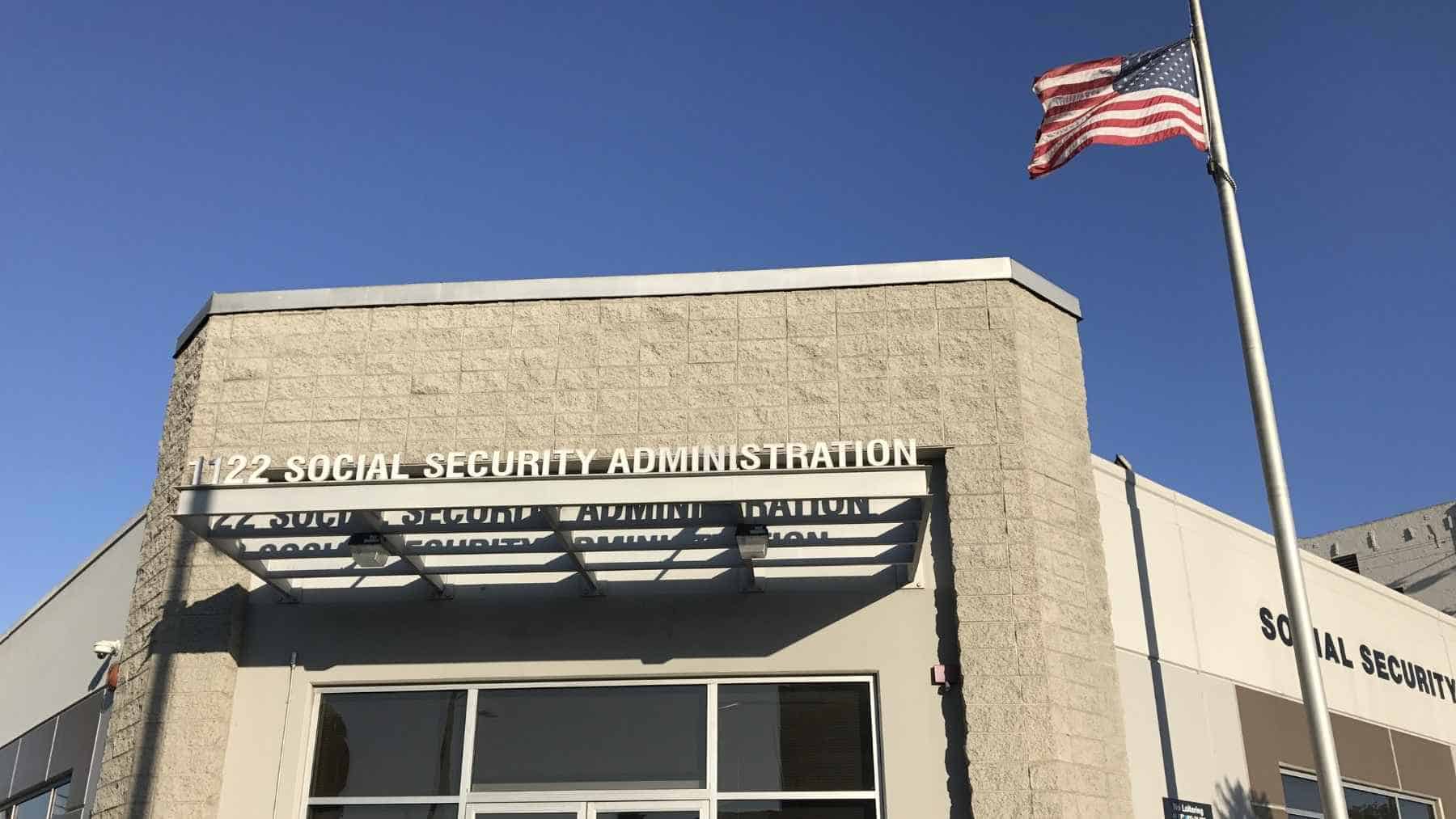On Tuesday, Senate Majority Leader Chuck Schumer stopped in Cortland, New York, to promote new legislation he’s calling the “Keep Billionaires Out of Social Security Act.” The measure, Schumer said, is aimed at reversing recent budget cuts to Social Security services that have closed local offices, reduced staffing, and increased wait times for millions of Americans who depend on the program.
If passed, the bill would channel additional funding to reopen Social Security offices, hire more staff, and upgrade outdated systems, all with the goal of shortening lines, reducing call-center backlogs, and ensuring timely delivery of monthly benefit checks. Schumer argued the proposal is about preserving accessibility for the workers and retirees who have paid into the system for decades.
“This law will ensure Social Security remains accessible for all those who worked hard paying into the system,” Schumer said. “We owe it to them to make sure the services they rely on are strong, staffed, and ready to help.”
Social Security as a lifeline
For many New Yorkers, Social Security is far more than a line item in the federal budget—it’s the difference between stability and financial crisis. Ellen Carter, a beneficiary from the area, told Schumer the program covers essentials she can’t live without.
“Social Security to me means my life,” Carter said. “It means medicine gets paid for, and it means I have a roof over my head at night.”
Carter and others say they’re worried about the program’s future after the Department of Government Efficiency (DOGE) implemented budget cuts that shuttered offices and eliminated positions. Those reductions, Carter said, have already made it harder to get answers, process paperwork, or appeal decisions.
Why the cuts happened
According to DOGE, the budget reductions were part of a broader effort to fulfill President Donald Trump’s promise to crack down on fraud and wasteful spending. In a March address to Congress, Trump said,
“We’re going to find out where that money is going, and it’s not going to be pretty. By eliminating fraud, waste, and theft, we will defeat inflation, lower mortgage rates, reduce car payments and grocery prices, protect our seniors, and put more money in the pockets of American families.”
DOGE has maintained that trimming operational costs was necessary to meet that mandate.
Schumer’s counterargument
Schumer said he supports rooting out waste but believes the cuts “have gone too far” and are hurting the very people Social Security is meant to protect.
“Fewer offices and fewer employees means longer lines, unanswered phone calls, and less support for vulnerable people,” he said.
He argued that the policy is penny-wise and pound-foolish—short-term savings at the expense of service quality and accessibility for seniors, disabled workers, and survivors who depend on timely benefits.
What the bill would do
The Keep Billionaires Out of Social Security Act would restore funding and direct it toward four main priorities:
- Rehiring and expanding staff to restore pre-cut service levels.
- Reopening local offices in communities that lost in-person access.
- Modernizing technology to speed claims processing and improve online services.
- Enhancing data security to protect against fraud and cyberthreats.
Schumer said the bill’s title reflects its commitment to preserving Social Security’s intended purpose: a safety net for working Americans, not a windfall for the wealthy.
A call for bipartisan support
The Senator plans to formally introduce the bill in September, expressing optimism it will gain traction with colleagues across the aisle. He pointed to broad public support for Social Security and the urgency of addressing service gaps before they widen further.
“We’ve heard from mayors, county leaders, and advocates across the state who know the stakes are real,” Schumer said. “We need to act before the harm from these cuts becomes permanent.”
Carter, for one, hopes lawmakers move quickly.
“We’ve worked hard for it; it wasn’t just handed to us,” she said.
Looking ahead
With Social Security’s trust funds projected to face long-term shortfalls, service cutbacks have intensified anxiety among retirees and near-retirees. Advocates say Schumer’s proposal arrives at a critical moment, pairing immediate operational relief with a broader conversation about the program’s sustainability.
If passed, the bill could help restore local access, speed benefit delivery, and reassure millions of Americans that the nation’s most important retirement program will remain reliable—not just for today’s seniors, but for the generations behind them.

